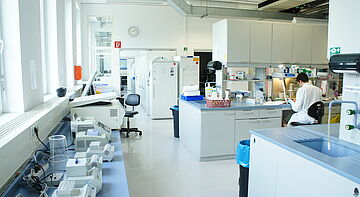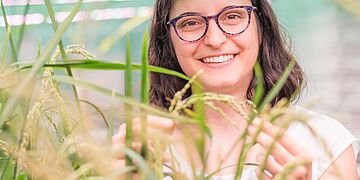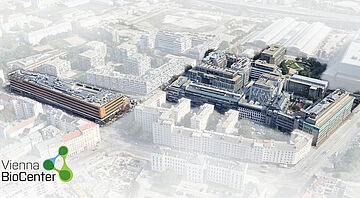A blastocyst – a hollow sphere of about a hundred cells – forms about five to six days after fertilization. Nicolas Rivron’s lab at the Institute of Molecular Biotechnology of the Austrian Academy of Sciences recently introduced a model of the human blastocyst called blastoid – spontaneously-organized stem cell-based model, which has similar to blastocyst development behavior. Single-cell RNA sequencing has revealed insights into blastoid formation. But the molecular machinery driving the early stages of this process cannot be understood through the analysis of DNA and RNA alone. It also requires the study of proteins and protein modifications.
A blastoid is a heterogeneous system, in which classic proteomic approaches will not comprehensively characterize the proteome. Single cell resolution is needed, but the characterization of the single-cell proteome (SCP) is still challenging: modern proteomics using coupled liquid chromatography (LC) with tandem mass spectrometry (MS/MS) allows the confident identification and quantification of thousands of proteins only if a large number of cells is available.
Julia Bubis and Karl Mechtler, scientists at the Proteomics Tech Hub of IMP, IMBA, and GMI at the Vienna BioCenter, were now awarded an ESPRIT research grant by the Austrian Science Fund (FWF) to tackle two major objectives: first, to develop a robust and high-throughput approach that brings the power of LC-MS/MS on many cells to the single-cell level; and second, to characterize the blastoid proteome during formation at the single-cell level.
The project will combine innovations in biotechnology and proteomics and will push the state-of-the-art for these fields. The scientists will use a cutting-edge blastoid model to study the self-organization of cells. Studying proteome of blastoids will shed light on the driving mechanisms of early embryo formation, will support a better understanding of the nature of cells’ self-organization process, and will provide insight into how to optimize implantation and minimize cellular abnormalities.




